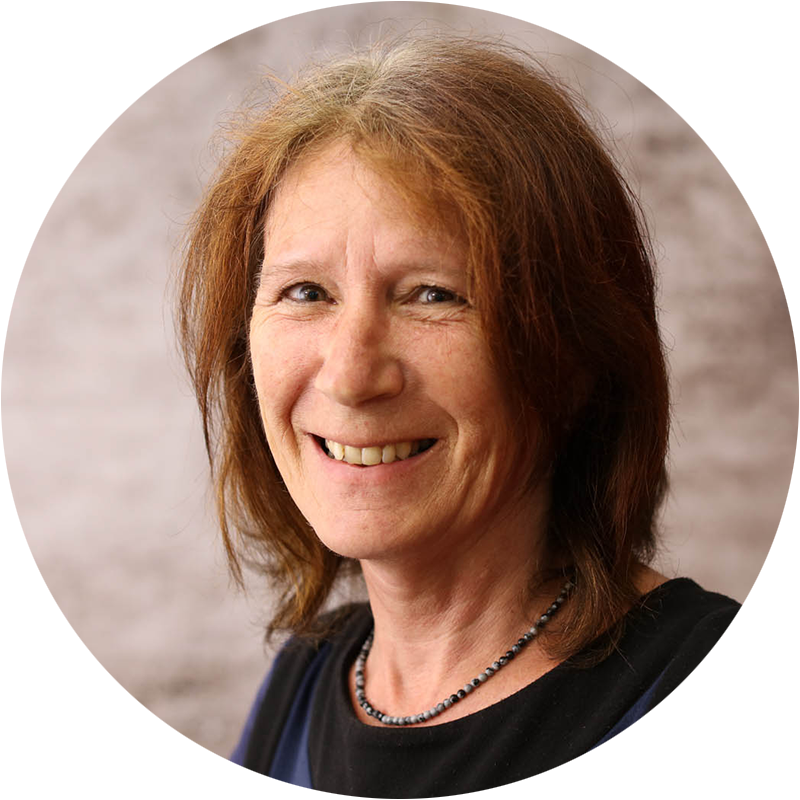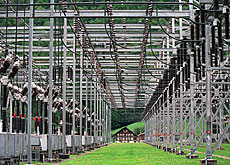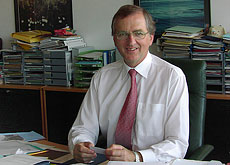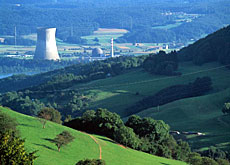“Energy towns” prove a success story

While debate in Switzerland continues on the future of electricity and renewable power, many towns have already implemented sustainable energy policies.
So far 120 Swiss local authorities have been designated “energy towns” – a sign of consistent and efficient energy policies.
All the Swiss local authorities, cities and regions that have been labelled “energy towns” have made it their goal to reduce energy consumption, promote renewable sources, organise environmentally friendly transport and more.
Thirty-seven per cent of Swiss live in an energy town and the list of local authorities involved runs from Aadorf to Zurich.
An Alpine example
One energy town is Davos, a popular tourist destination and venue for the World Economic Forum’s annual gathering.
The Alpine spa resort, which has around 13,000 inhabitants, became in 2001 the first local authority in canton Graubünden to be recognised for its strict energy policy – not a small achievement for a small town that in the high season accommodates some 30,000 people.
“Davos has a well-developed public transport system, from which both visitors and locals benefit,” says Hans Peter Michel, mayor of the resort.
“In the construction law we have supported winter gardens which bring solar energy into houses, and various other solutions – including small hydroelectric power stations and an environment representative.”
Revolutionary step
Michel is particularly proud of the Biogas installation, which runs on hotel waste and silage and is operated by an enterprising farmer.
He describes it as a “revolutionary step forward that converts waste – which can only partially be fed to pigs – into power”. He explained that otherwise the leftover waste would be disposed of unused, which incurs high transport costs.
Michel says when it comes to further energy measures, he wants to support the use of wood-burning installations for larger buildings and make people more aware of environmental concerns.
“We’re not there yet,” he says. “It’s a cliché, but doing good is a daily struggle.”
Cultural differences
The “energy town” label, which is based on a standardised catalogue of possible measures, has existed since 1997, although the concept dates back to the end of the 1980s.
In 1993 the concept was formalised in the Federal Energy Office’s Energy2000 programme and “energy town” was registered as a brand.
Most energy towns are in the urban German-speaking parts of Switzerland. The only energy town in Italian-speaking Ticino is Mendrisio.
“Ticino’s mountains make it not exactly cut out for this,” says Cornelia Brandes, a physicist and president of the organisation that promotes “energy towns”.
“But there are a few towns in Italian-speaking Switzerland that are interested in the label.”
French-speaking Switzerland is also heavily underrepresented. Brandes says this is being investigated.
“Maybe cultural differences slow the process down,” she says.
Boom
Over the past few years the energy label has experienced a real boom. Having said that, growth has now slowed down. And besides, not every single commune can become an energy town.
“It should remain a sign of above-average commitment,” Brandes says, adding that an energy town should be on top of its energy homework.
“Within the framework for controlling the label, energy towns must every year be accountable – for strengths and weaknesses.”
The city of Zurich for example has a culture of mobility and has created exemplary basic conditions from the city’s point of view.
“If drivers don’t behave how we would like them to, we don’t blame the local authorities,” she says. “However, the authorities shouldn’t stop their work until everyone is aware of the label – and that is no easy task.”
swissinfo, Gaby Ochsenbein
120 communes have been designated “energy towns”.
The label has been exported and serves as a model for the European Energy Award.
The most exemplary European towns receive the European Energy Gold Award. Swiss towns with this honour are Lausanne, Zurich, Cham, Riehen and Schaffhausen.
The communes decide themselves what measures they want to take.
They simply have to achieve half of the points in a measures catalogue in the areas of spatial planning, communal building, waste disposal, traffic mobility, internal organisation and communication.

In compliance with the JTI standards
More: SWI swissinfo.ch certified by the Journalism Trust Initiative




You can find an overview of ongoing debates with our journalists here. Please join us!
If you want to start a conversation about a topic raised in this article or want to report factual errors, email us at english@swissinfo.ch.